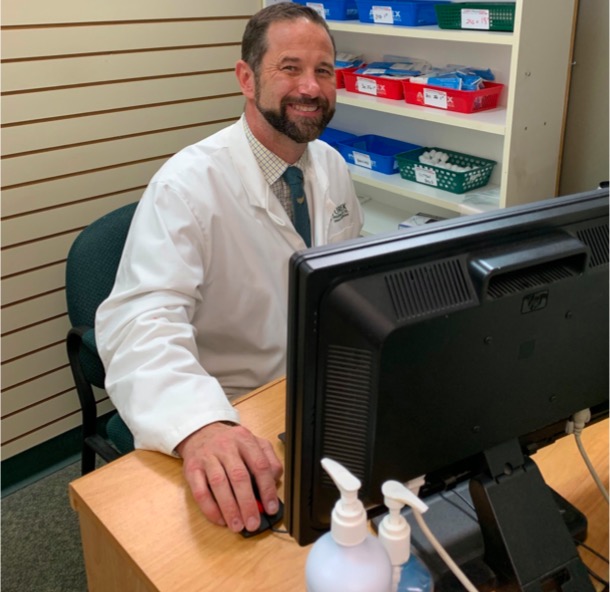By: Steve Bond, BScPhm, RPh, CDE
There is an old saying that if it looks too good be true it probably is. Take for example the Nigerian prince who had to leave his country in a hurry leaving billons behind, but if I would just send him a thousand dollars, he would pay me back 100-fold. How lucky for me that this fellow just happened to choose me for this opportunity! Sure, his email was riddled with spelling errors, but the poor fellow was just exiled from his country. I’m certain by now you can tell I’m being facetious, and none of you readers would fall for such an obvious scam. Unfortunately, telephone and cyber scammers are becoming more sophisticated.
Scammers often use a sense of urgency or fear to trick people. A call from Revenue Canada stating that taxes weren’t paid and if you want to avoid additional penalties, you need to pay an amount as soon as possible. To make things worse, the caller threatens that you will be arrested. The caller may even try to get you to e-transfer or send pre-paid credit cards.
Some of the hardest scams take advantage of our emotional need to connect. Romance scams increased during the Pandemic. Social isolation from friends and family has led to people turning to internet for social interaction. Fraudsters create fake profiles on a social media platform like Facebook, over time, they establish relationships – innocent enough at first, but then once they have established trust, they trick the person into giving or loaning money.
Some tips to prevent getting scammed:
- Never transfer money by sending gift cards, wire transfer or cryptocurrency
- Don’t give into pressure tactics- demand the request in writing.
- If you receive a call or text from a family member in trouble confirm with another family member
- Verify any calls from your credit card company by calling the number on the back
- If someone asks you online for money (even a friend), call them to confirm
- Never give out personal information
- Know who you are dealing with; scammers will often use logos that look real. Instead of clicking on any links, contact the company directly using the number on their webpage.
- Keep an eye on your credit card and bank statements; look for charges you don’t recognize.
- If you use online banking, have a secure password- Don’t use simple words or numbers like your birthday. Better to use phrases and add characters and capitals e.g. YuRekPharmacyisthebe$t ?
Whenever things seem like they are too good, or in some cases too bad, and you need to act quickly, do your research and don’t get scammed. Take care of yourselves and each other.








